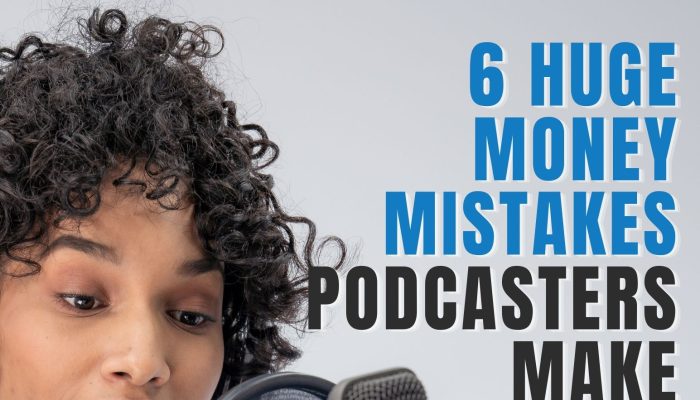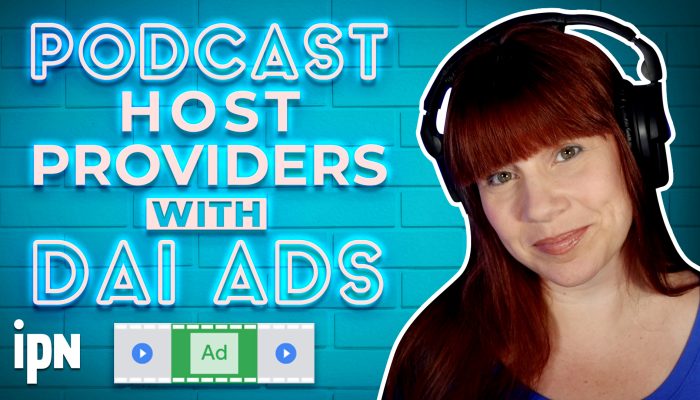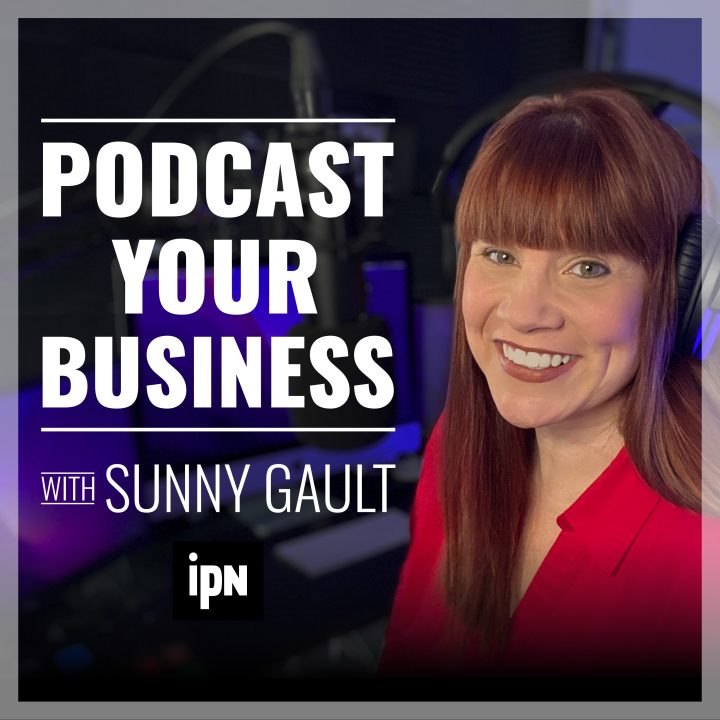With millions of podcasts available at listeners’ fingertips, how do you ensure that your show reaches the ears of your ideal audience? The answer lies in a powerful yet often overlooked tool: keywords. They are the bridge between your podcast and potential listeners.

What is a Podcast Keyword?
Podcast keywords are specific terms that accurately describe your show’s content, theme, or unique aspects. They range from broad topics like “true crime” or “personal finance” to more specific phrases such as “minimalist lifestyle tips” or “indie film reviews.” Effective keywords reflect both your podcast’s content and what your target audience is likely to search for when looking for a show like yours.
How Keywords Can Help Your Podcast Grow
Keywords play a crucial role in your podcast’s visibility in several important ways:
- Search Engine Optimization (SEO): Including relevant keywords in your podcast title, description, and episode notes increases the chances of your show appearing in search engine results when people look for content in your niche.
- Podcast Directory Searches: Popular platforms like Apple Podcasts, Spotify, and YouTube Podcasts use keywords to categorize and recommend shows. The right keywords can help your podcast appear in relevant category listings and search results within these platforms.
- Discoverability: Well-chosen keywords can help new listeners discover your podcast, even if they weren’t specifically searching for your show.
- Audience Targeting: Using keywords that resonate with your intended audience helps attract listeners who are genuinely interested in your content, potentially leading to higher engagement and retention rates.
Tools to Find the Best Keywords for Your Podcast
Finding the right keywords for your podcast doesn’t have to be a shot in the dark. Here are some of the best tools for finding keywords to incorporate in your podcast.
Podcast-Specific Tools
These tools are designed with podcasters in mind and can provide valuable insights specific to the podcasting world.
- Buzzsprout’s CoHost AI: While primarily an AI assistant, Buzzsprout’s CoHost AI can spark ideas for keywords related to your podcast topic. Simply enter a subject, and it will generate multiple title suggestions, which can be a goldmine for potential keywords.
- Listen Notes: As a podcast search engine, Listen Notes allows you to explore trending topics and popular shows in your niche. By analyzing the titles and descriptions of successful podcasts, you can identify effective keywords they’re using.
- Podcast Industry Insights by Chartable: Although not a keyword tool per se, Podcast Industry Insights by Chartable resource provides valuable data on podcast trends, which can inform your keyword strategy.
General Keyword Research Tools
These widely-used SEO tools can be adapted for podcast keyword research, offering insights on search volume, competition, and related terms.
- Google Keyword Planner: The Keyword Planner from Google provides search volume data and keyword ideas. While it’s designed for Google searches, the insights can be valuable for understanding what people are searching for in your niche.
- Ubersuggest: Offering both free and paid versions, Ubersuggest provides keyword suggestions, search volume data, and difficulty scores. It’s user-friendly and can be particularly useful for finding long-tail keywords.
- SEMrush: A comprehensive SEO tool that offers keyword research features. SEMrush’s Keyword Magic Tool can help you discover a wide range of keyword variations and related terms.
- Ahrefs Keywords Explorer: Another powerful SEO tool that provides detailed keyword metrics and suggestions. Ahrefs Keywords Explorer is particularly useful for analyzing the keywords your competitors are ranking for.
Social Media Tools
Don’t overlook the power of social media for keyword research. These tools can help you understand what your potential audience is talking about.
- Hootsuite Insights: To monitor conversations and trends across various social media platforms, you can use Hootsuire Insights to inspire keyword ideas based on what people are discussing.
- TweetDeck: A free tool for monitoring Twitter, TweetDeck can help you track conversations and hashtags related to your podcast topic, potentially uncovering valuable keyword ideas.
- Reddit: While not a tool in the traditional sense, Reddit can be a goldmine for keyword ideas. Explore subreddits related to your podcast topic and pay attention to the language and terms people use in discussions.
How to Use Your Podcast Keywords
Now that you’ve identified the best keywords for your podcast, it’s crucial to use them effectively. Proper keyword implementation can significantly boost your podcast’s discoverability without compromising the quality of your content.

Podcast Title
Your podcast title is prime real estate for keywords, but it needs to be handled with care:
- Include a primary keyword if possible, but don’t force it
- Ensure the title remains catchy and memorable
- Avoid keyword stuffing, which can make your title sound unnatural
- Consider using a subtitle to include additional keywords
Podcast Description
The podcast description offers more space to naturally incorporate keywords:
- Use your most important keywords in the first sentence or two
- Write for humans first, then optimize for search engines
- Include a mix of primary and secondary keywords
- Ensure the description accurately reflects your podcast’s content
- Keep it concise but informative (typically 600-800 characters)
Episode Titles
Each episode title is an opportunity to target specific keywords:
- Include relevant keywords but prioritize clarity and appeal
- Consider using numbers or questions in titles, which often perform well
- Vary your keyword usage across episodes to cover a range of relevant terms
- Keep titles under 60 characters if possible for full visibility in most podcast apps
Episode Descriptions
Episode descriptions allow for more detailed keyword usage:
- Front-load important keywords in the first sentence
- Include a mix of episode-specific and overall podcast keywords
- Use natural language and avoid keyword stuffing
- Provide value to potential listeners with a clear, engaging summary
- Consider including a timestamp with keywords for longer episodes
Podcast Transcriptions
Transcriptions offer a powerful opportunity for keyword optimization while also improving accessibility. Here’s how to effectively use keywords in your podcast transcriptions:
- Full-text searchability: Transcriptions make your entire episode searchable, both within podcast platforms that support this feature and on your website if you post the transcriptions there.
- Natural keyword inclusion: Transcriptions automatically include all the keywords you’ve spoken, providing a keyword-rich text version of your content without any artificial insertion.
- Add time stamps: Include time stamps in your transcription, especially for key moments or when primary keywords are discussed. This helps with navigation and can improve SEO.
- Edit for clarity: While maintaining accuracy, lightly edit the transcription to remove filler words and clarify any confusing speech. This can help your keywords stand out more clearly.
Best Practices for Using Keywords for Your Podcast
To make the most out of your podcast keywords, you don’t just want to force them in every part of your show. Follow these best practices to optimize the usefulness of your podcast keywords:
- Natural integration: Always prioritize the listener’s experience. Keywords should fit naturally within your content.
- Consistency: Use your core keywords consistently across all platforms and episodes to reinforce your podcast’s theme.
- Relevance: Ensure that the keywords you use are truly relevant to each specific episode or description.
- Avoid keyword stuffing: Using keywords excessively can negatively impact your podcast’s performance and turn off potential listeners.
- Regular updates: Periodically review and update your keywords based on performance data and any shifts in your podcast’s focus.
- Platform-specific optimization: Be aware that different podcast platforms may have varying best practices for keyword usage.
- Localization: If your podcast targets a specific geographic area, include location-based keywords where appropriate.
Conclusion
At the end of the day, never let your focus on keywords overshadow the quality of your content. The best keyword strategy in the world can’t compensate for a lack of engaging, valuable content. Your primary goal should always be to create a podcast that resonates with your audience and keeps them coming back for more.









